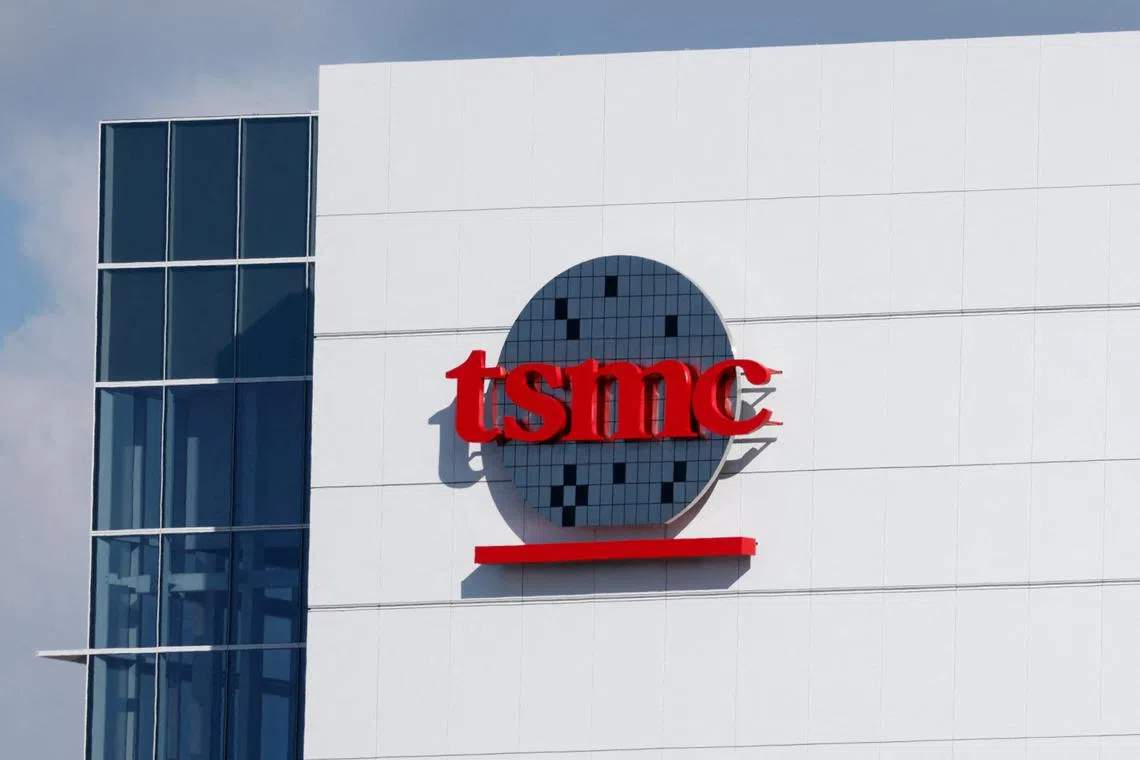Taiwan Semiconductor Manufacturing Company (TSMC), the world’s leading chip foundry, has reported a slowdown in its monthly sales growth, signaling that the AI-driven surge in semiconductor demand may be moderating. While the company continues to post strong annual revenue increases, the recent data shows that growth momentum is beginning to ease.
Key Highlights
- TSMC’s revenue for the latest month reached approximately NT$367.5 billion (about US$11.9 billion), marking solid year-over-year growth of roughly 17%.
- Although the company still grows steadily, this represents the slowest monthly growth since early 2024, a notable decline from prior months where growth exceeded 30%.
- Advanced nodes used in AI and high-performance computing continue to drive demand, but sequential growth has begun to moderate.
Factors Behind the Slowdown
- Plateauing AI Demand: TSMC’s advanced chips power AI servers and data-center applications. Slower growth in monthly sales suggests that demand is moving from an explosive phase to a more stable trajectory.
- Supply Chain and Timing Effects: Semiconductor manufacturing involves long lead times and large backlog orders. Monthly fluctuations may reflect timing distortions rather than immediate demand collapse.
- Macro and Geopolitical Pressures: Trade tensions, export restrictions, currency fluctuations, and the costs of expanding global production capacity add complexity to TSMC’s operations and could temper growth.
Implications for the Company and Industry
- Investor Expectations: With the market having priced in robust, ongoing AI-driven growth, any moderation in sales growth may raise concerns about future earnings potential.
- Operational Execution: As high-growth tailwinds ease, TSMC’s ability to manage costs, ramp next-generation nodes (such as 2nm and 3nm processes), and maintain supply chain efficiency will become increasingly important.
- Diversification of Product Lines: Chips for smartphones and consumer electronics may see more pressure, whereas high-performance and data-center chips could remain a key revenue driver.
- Long-term Trends: Sequential slowdowns could foreshadow broader industry trends, as production and demand cycles adjust to a more mature AI adoption phase.
Outlook
Despite the slower monthly growth, TSMC remains a dominant force in global semiconductor manufacturing. The company is still expected to benefit from AI and high-performance computing demand, but growth is likely to be more moderate than the rapid expansions seen in recent years. Investors and industry watchers are advised to monitor trends in customer orders, capacity utilization, and geopolitical developments that could affect the company’s near-term performance.
Conclusion
TSMC’s recent slowdown signals a maturing of the AI-driven chip boom. While the company continues to grow, the era of ultra-fast monthly growth appears to be transitioning into a period of steadier, more disciplined expansion. Strategic execution, cost management, and diversification will be critical to sustaining its leadership in the semiconductor industry.
















Leave a Reply